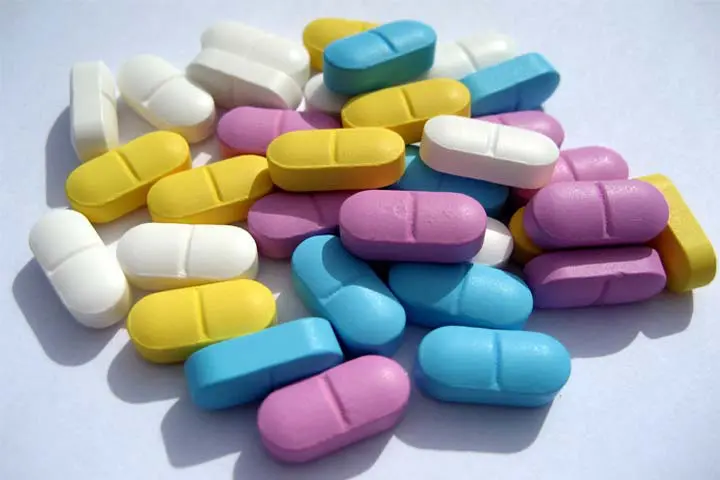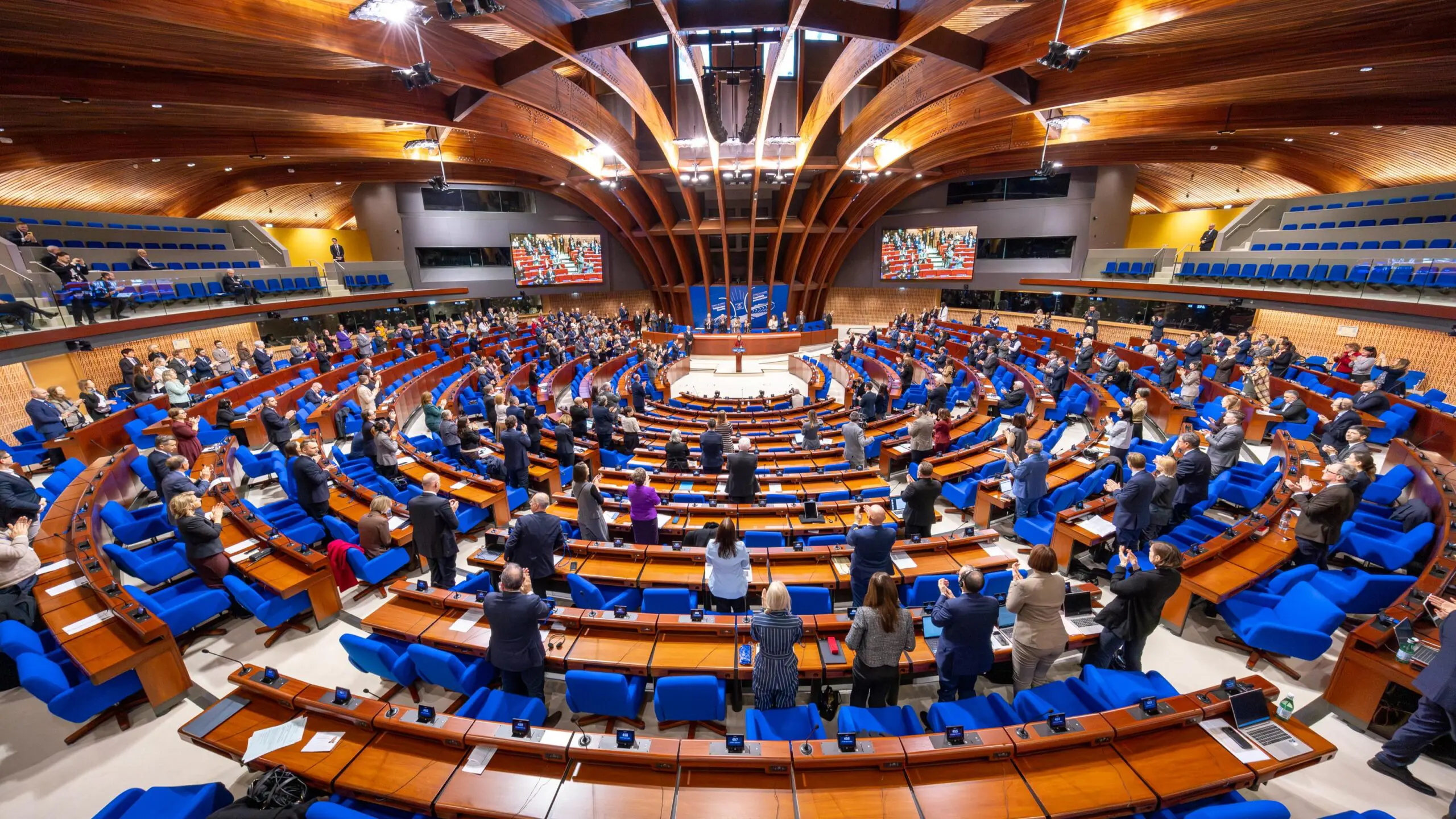A study by the British medical journal Lancet found that most antidepressants were ineffective or even dangerous for children and adolescents suffering from major depression. The study was conducted by an international group of scientists, and 36 types of tests were conducted among more than 5,000 children and adolescents aged between 9 and 18 years. Of the 14 drugs tested, only one (fluoxetine, known by the trade name Prozac) proved to be more effective than placebo in treating symptoms associated with depression.
According to estimates cited in the study, 2.8% of children between the ages of 6 and 12 and 5.6% of adolescents in developed countries suffer from severe depression. This is on the one hand a positive statistic, but at the same time it is the reason why the effectiveness and negative effects of this group of drugs are not well known due to the low availability of clinical trials.
At the same time, it is possible that these figures are higher due to difficulties in diagnosis. Symptoms are different from those in adults and often include irritability, withdrawal, or aggressive behavior, while antidepressants can lead to suicidal thoughts, headaches, vomiting, and insomnia. For this reason, researchers recommend that children and adolescents be approached primarily with psychotherapy as a more effective method in the long run.







